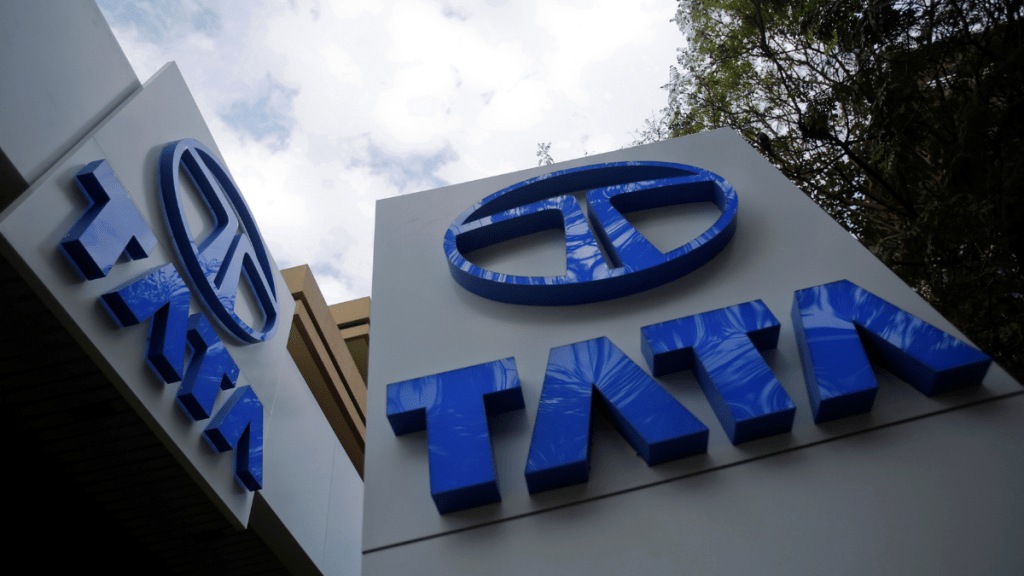With time running out for Tata Sons to meet the mandatory public listing deadline, the Reserve Bank of India (RBI) is yet to decide on the conglomerate’s application to surrender its status as a core investment company (CIC).
This move, initiated in March, was aimed at exempting Tata Sons from listing obligations under the RBI’s regulatory framework.
Deadline approaches for Core Investment Companies
In 2022, the RBI set September 2025 as the deadline for core investment companies to go public, a rule that would require Tata Sons, classified as an “upper layer” non-banking financial company (NBFC), to adhere to stricter governance norms as part of the Scale-Based Regulation (SBR) framework.
The SBR framework demands enhanced transparency for systemically important NBFCs, positioning Tata Sons under higher scrutiny. However, Tata Sons, expressing its opposition to a public listing, applied to voluntarily relinquish its CIC status eight months ago.
Shapoorji Pallonji Group pushing for IPO
While Tata Sons resists the idea of going public, the Shapoorji Pallonji Group, holding an 18% stake, remains vocal about public listing/ IPO. At Tata Sons’ recent annual general meeting, the Shapoorji Pallonji Group highlighted that listing could unlock substantial value, enhance corporate governance, improve liquidity, and broaden access to capital markets.
Analysts estimate that even a modest 5% stake sale could generate over Rs 55,000 crore, significantly strengthening Tata Sons’ financial standing and market presence.
Industry-Wide SBR Compliance
The SBR framework, implemented in 2022, has led other key players such as LIC Housing Finance, Bajaj Finance, and L&T Finance to adjust their structures and processes to meet compliance standards. Tata Sons’ decision to remain private, therefore, stands in contrast with peers making strides toward public market readiness.
Adding complexity to the situation is the involvement of Venu Srinivasan, Vice Chairman of Tata Trusts, a key stakeholder in Tata Sons. Srinivasan also serves on the RBI’s Central Board of Directors, a dual role that critics argue presents a potential conflict of interest. Observers suggest his position at the RBI may influence regulatory decisions that may benefit Tata Sons.
RBI’s Response to confirms pending decision
A recent media report states that, according to an RTI request from an investor, the RBI confirmed on November 14 that Tata Sons submitted its application to surrender its CIC registration on March 28.
The RBI acknowledged that “the application submitted by Tata Sons for the surrender of the certificate of registration as a CIC is under examination.” If approved, this move could allow Tata Sons to avoid the listing requirements imposed on upper-layer NBFCs under the SBR framework, preserving its private ownership structure.
Listing Challenges and Preparations
Should Tata Sons proceed with an IPO, merchant bankers estimate it would need six to eight months for comprehensive preparation. “Typically, companies must plan well in advance when they go for an IPO.
With no clarity from the RBI, Tata Sons could be in a difficult position since it does not want to list but must meet the deadline for compliance,” noted one banker familiar with regulatory timelines.
In line with this, Tata Sons has reportedly settled outstanding standalone debts, potentially as a step toward facilitating its CIC status relinquishment. If successful, the company could avoid SBR-driven governance and transparency mandates required for publicly listed companies.


